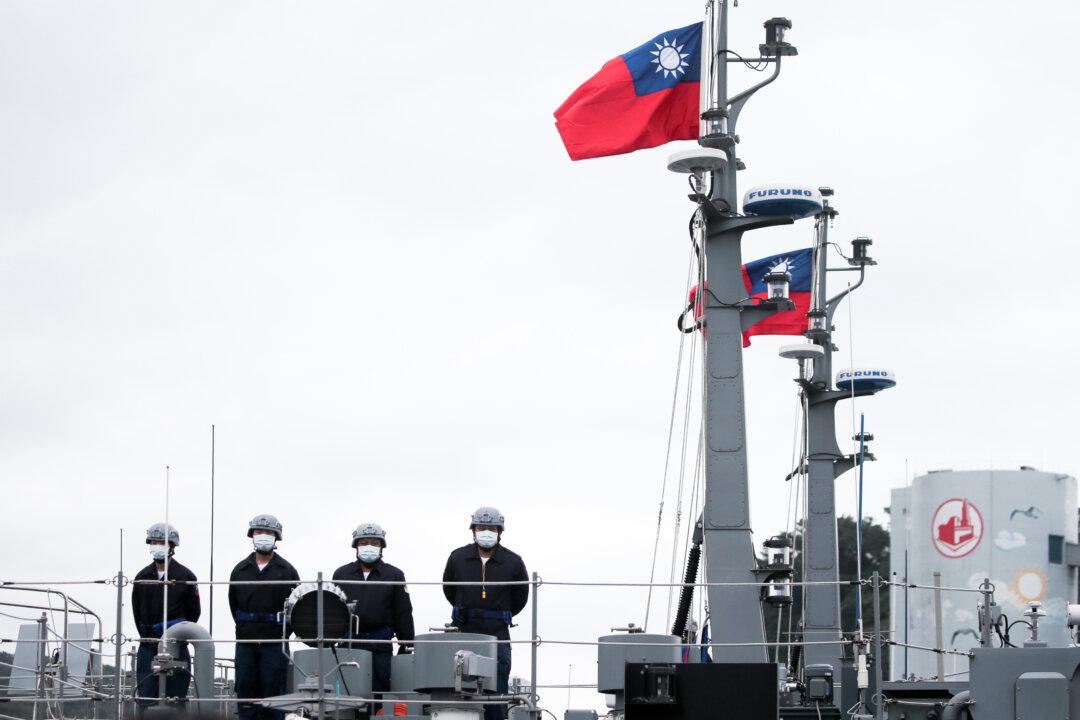Over 90 percent of Japanese adults believe that Japan should prepare for an emergency response in case Beijing decides to invade Taiwan, according to a recent poll.
According to a May 27 to May 29 poll by Japanese media Nikkei Asia on the issue of how Japan should prepare for a possible Chinese invasion of Taiwan, 50 percent of respondents said that Japan should do as much as possible within the scope of existing laws; and 41 percent said Japan should improve its responsiveness, including revising the country’s constitution as needed. Together, over 90 percent said they believe it is necessary for Japan to make preparations in case of a Taiwan emergency, while 60 percent also expressed support for Japan to possess its own counter-strike capabilities.





